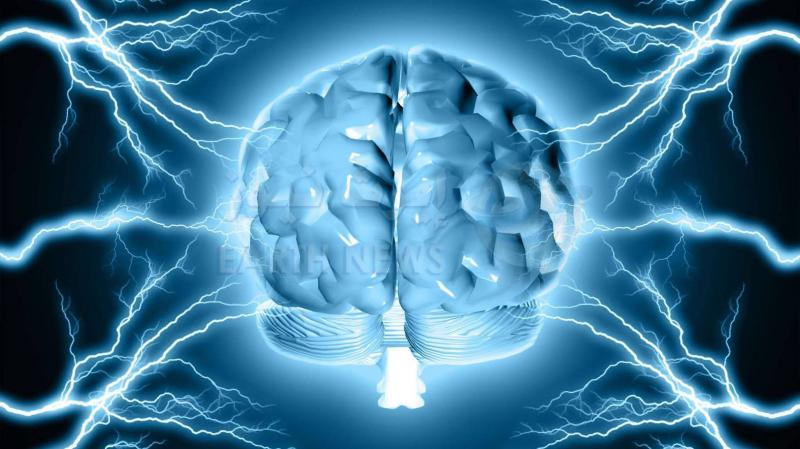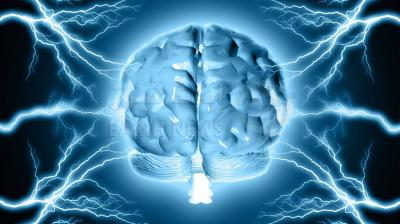A new study published in the scientific journal "Science Alert" has confirmed a reliable link between autism disorder affecting some children and the second brain of the human body, according to scientific sources. The paper, written by at least 43 scientists from various disciplines, finds the strongest connection yet between gut microbes, host immunity, gene expression in the nervous system, and dietary patterns.
The new analysis does not confirm the underlying causes of autism nor does it identify specific subtypes as other research has attempted, but it reveals more details about the human gut, which appears to be connected to individuals with autism. Scientists state that individuals with autism are more likely to experience gastrointestinal issues such as constipation, diarrhea, bloating, and vomiting. The microbiome plays a role, but it is not yet clear what that role is.
The new study includes 10 existing datasets related to autism and the microbiome, as well as 15 additional datasets concerning dietary patterns, metabolism, immune cell profiles, and gene expression profiles of the human brain. According to the study, their findings enhance "statistical power and biological insight" connecting the gut and brain underlying autism spectrum disorder, providing “stronger associations between gut microbes, host immunity, brain expression, and dietary patterns than previously reported.”




